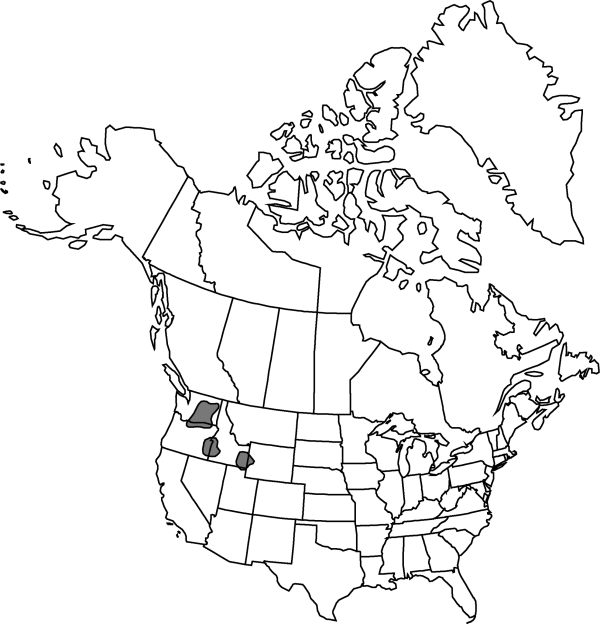Difference between revisions of "Abronia mellifera"
Bot. Mag. 56: plate 2879. 1829.
FNA>Volume Importer |
imported>Volume Importer |
||
| Line 6: | Line 6: | ||
|place=56: plate 2879. 1829 | |place=56: plate 2879. 1829 | ||
|year=1829 | |year=1829 | ||
| + | }} | ||
| + | |special_status={{Treatment/ID/Special_status | ||
| + | |code=E | ||
| + | |label=Endemic | ||
}} | }} | ||
|basionyms= | |basionyms= | ||
| Line 44: | Line 48: | ||
|publication title=Bot. Mag. | |publication title=Bot. Mag. | ||
|publication year=1829 | |publication year=1829 | ||
| − | |special status= | + | |special status=Endemic |
| − | |source xml=https:// | + | |source xml=https://bibilujan@bitbucket.org/aafc-mbb/fna-data-curation.git/src/bb6b7e3a7de7d3b7888a1ad48c7fd8f5c722d8d6/coarse_grained_fna_xml/V4/V4_127.xml |
|genus=Abronia | |genus=Abronia | ||
|species=Abronia mellifera | |species=Abronia mellifera | ||
Revision as of 23:12, 27 May 2020
Plants perennial. Stems decumbent to ascending, much branched, elongate, glabrous or glandular-pubescent. Leaves: petiole 1–6 cm; blade ovate to lance-elliptic, 1–6 × 0.5–4 cm, margins entire to sinuate and ± undulate, surfaces glabrous or glandular-pubescent. Inflorescences: peduncle longer than subtending petiole; bracts lanceolate to obovate, 5–12 × 1–5 mm, papery, glabrate to glandular-pubescent; flowers 25–60. Perianth: tube pale rose proximally to greenish distally, 15–25 mm, limb white, 7–12 mm diam. Fruits winged, broadly obdeltate or cordate in profile, 6–10 × 4–10 mm, thin, usually coriaceous, rarely indurate, base attenuate, apex prominently beaked; wings (2–)5 (when 2, folded to form single deep groove), without dilations, broad, thin, without cavities.
Phenology: Flowering spring–fall.
Habitat: Sandy soils, cold desert scrub, grasslands
Elevation: 100-2000 m
Distribution

Idaho, Oreg., Utah, Wash., Wyo.
Discussion
Selected References
None.